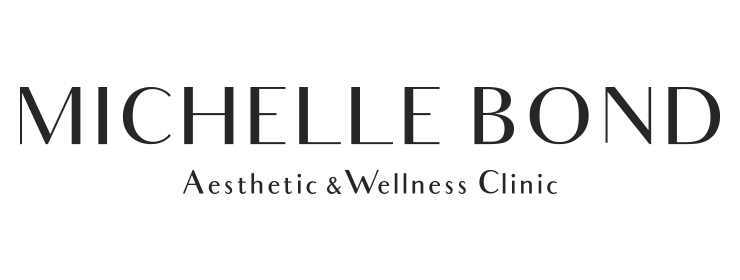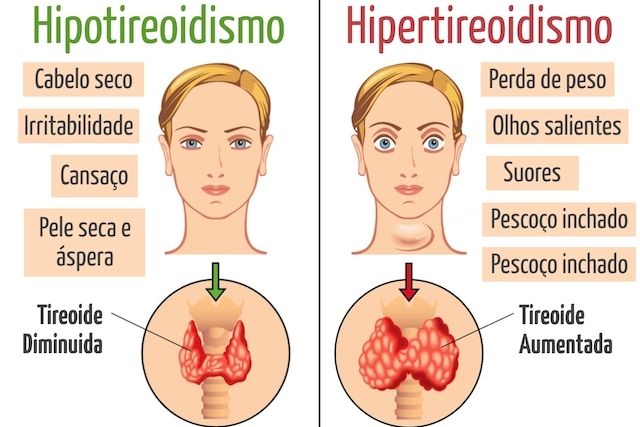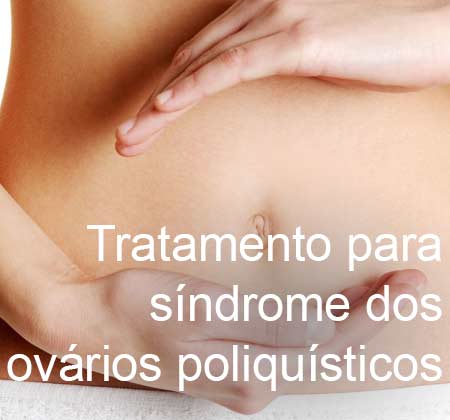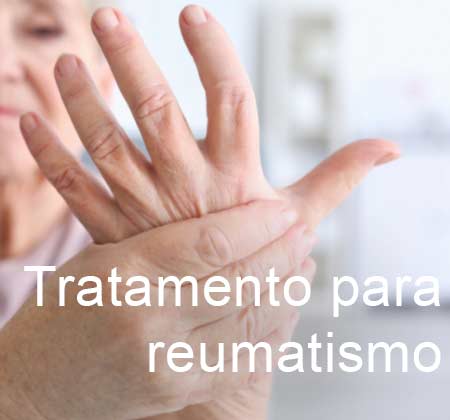The thyroid is a gland located at the base of the neck just below the "Adam's apple", and consists of two lobes joined by a central part. Its function is to produce and release into the bloodstream two hormones, tri-iodothyronine (T3) and tetraiodothyronine (T4 or thyroxine).
These hormones are essential for the normal functioning of the body, through the control/speed of the metabolism of the cells. They are, therefore, essential in the growth and development of the body, regulate body temperature, heart rate and blood pressure, the functioning of the intestines, weight control, moods, among other functions.
Its activity is regulated by other hormones produced by glands located in the brain that detect the blood levels of thyroid hormones and thus stimulate the thyroid gland to secrete more or less hormones as needed.
The most important thyroid hormone is thyroxine (T4), which when outside the thyroid is converted into the active form known as T3. And, the more T3 it produces, the faster the metabolism. A slow metabolism means that calories are not burned as efficiently as possible, making it easier to gain weight.
The shortage of this hormone means the failure of the functions mentioned above.










